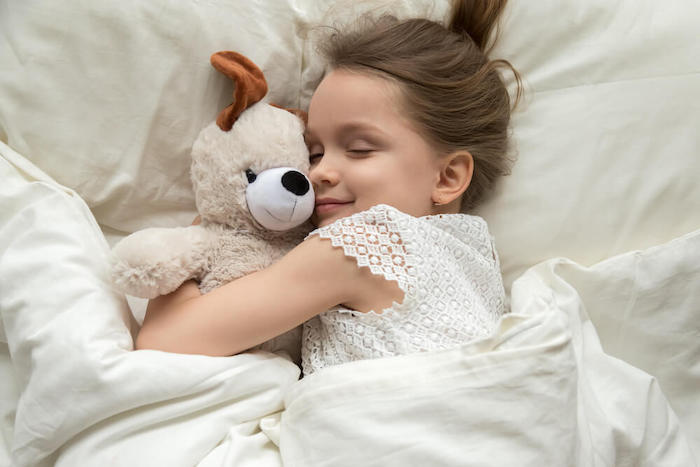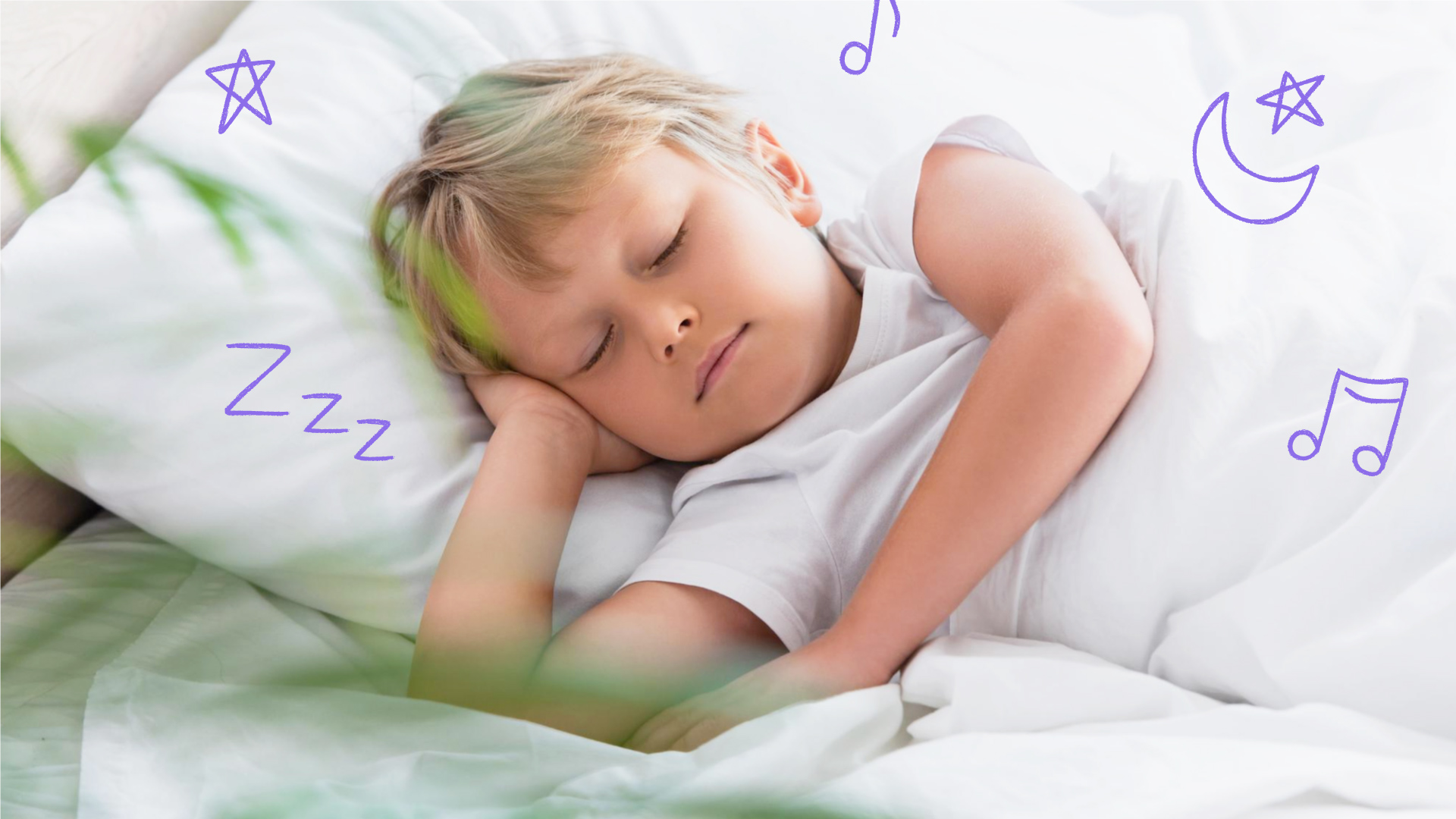
- 3 mins
7 Sleep Hygiene Tips to Help Your Kiddo Catch Better ZZZ’s

What time is it as you read this? If it’s the middle of the night, you are participating in adults’ biggest modern distraction for sleep: 24-hour internet. And while this habit of late-night screen time may be common, it is important to understand that sleep deprivation can have numerous negative effects on adults and children alike.
Without enough sleep, the body and brain can have difficulty with things like making decisions, staving off disease, and proper functionality. Most adults require seven to nine hours of sleep, while most children and teenagers require anywhere from eight to twelve hours depending on their age. This may remind you of the stereotype of the moody teen who likes to sleep until noon or the cranky toddler who is overdue for their nap. Next time you encounter either of them, remember, that they are biologically in need of more sleep than adults!
The body’s sleep clock operates within what’s called the circadian rhythm. Your circadian rhythm is a 24-hour biological clock that regulates the body’s cyclical desire for sleep. Not getting enough sleep at night can lead to the familiar afternoon slump. But more seriously, it can have negative influences on mental health and well-being, including an increased risk of psychiatric illnesses such as depression. It can also affect the processes of DNA repair that are involved in preventing cancer disease.
It is our job to ensure that children develop good sleep habits, to help them maintain a balanced mood and clear head for their educational development as well as their social interactions. Here are some things you can do to ensure that you’re nurturing your child’s body clock as well as your own.
It’s important to get a consistent amount of sleep every night. The best way to do this is by sticking to the same bedtime and getting up around the same time. Yes, including weekends!
With our modern lifestyle, oftentimes we don’t see much daylight during work and school hours. It’s important to get away from that fluorescent lighting and enjoy a nice amount of time in daylight.
Physical exercise has been proven to help with regular sleep patterns and getting good rest. Avoid intense exercise right before bed, though, as that has been shown to interrupt sleep patterns.
Caffeinated drinks can also interrupt sleep patterns. It’s recommended that they be avoided at least six to eight hours before bedtime. Also, be aware that there are many treats with caffeine such as chocolate, energy drinks, and other sugary drinks.
Scrolling the internet or using any electronic device at night has been shown to trick your body into thinking it’s daytime when it’s not. Keep your eyes away from all electronic devices that emit blue light at least thirty minutes before your bedtime. If you use a phone or iPad at night for audio stories, sounds or music, darken or turn off the screens. Be sure to enforce this routine for your child as well.
Prioritizing sleep can take some practice and effort. The results of having an energetic, clear-minded focus and a balanced mood are priceless, though! To support your child (and you) in developing good sleep habits, check out our Moshi Sleep Playlist on YouTube.